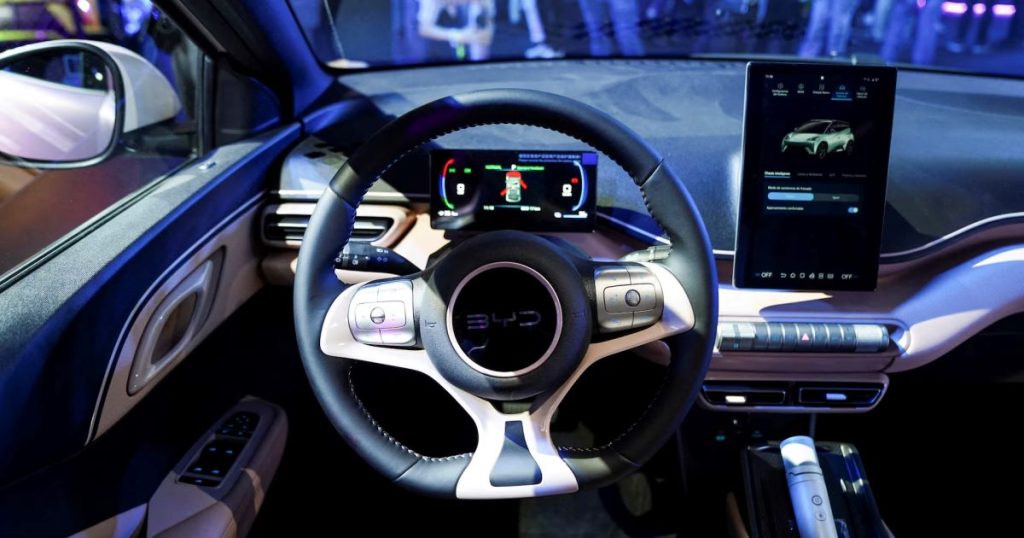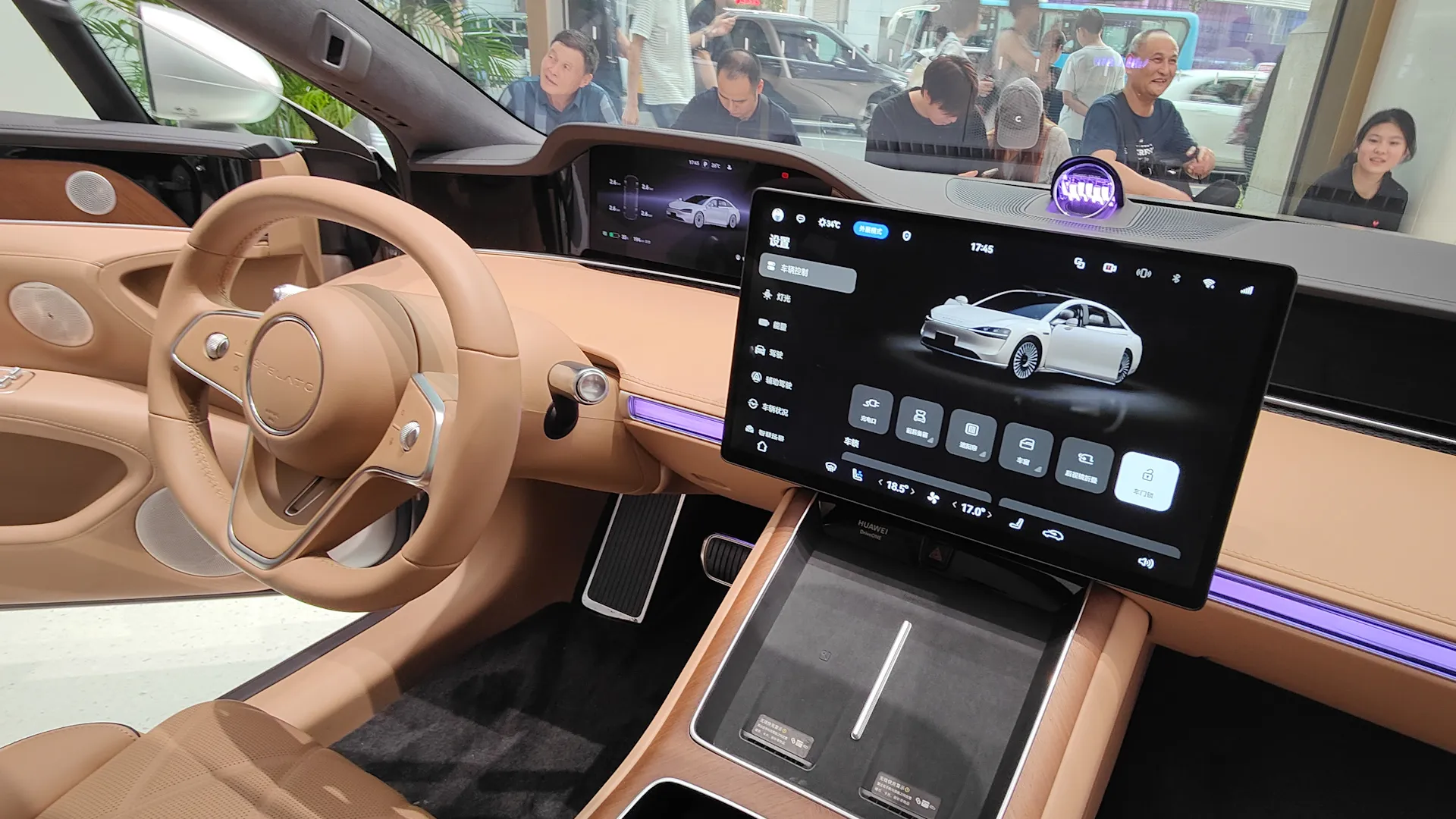On Monday, the U.S. Department of Commerce proposed a new national security measure that would ban software originating from China in internet-connected vehicles across the United States.
This rule, if implemented, would target vehicles capable of collecting data from drivers, passengers, and U.S. infrastructure.
The proposal aims to prohibit the import and sale of systems designed, developed, manufactured, or supplied by “entities” with close ties to China or Russia.
This would include banning connectivity features like Bluetooth, cellular, satellite, and Wi-Fi in vehicles from these countries. If the rule is adopted, it would take effect starting with model year 2027 vehicles.
Ban on Automated Driving Hardware Also Considered
A second proposed rule would extend the ban to vehicles equipped with automated driving hardware sourced from China or Russia.
This would be enforced starting with the 2030 model year, or by January 1, 2029, for vehicles without a specific model year.

The ban would apply to all public-road vehicles, including cars, trucks, and buses, but would exclude off-road vehicles such as those used in agriculture.
It would prevent the import and use of self-driving technology components made in Russia or China, even if the vehicle is manufactured in the U.S.
How these rules might impact automakers such as Volvo—whose parent company, Geely Holding, is a Chinese conglomerate, but which also produces vehicles globally, including in the U.S.—remains uncertain.
Commerce Secretary Gina Raimondo addressed reporters on Sunday, stating that the administration’s goal is to “secure the American people, including our children, from potential surveillance,” according to a report.
Raimondo raised concerns that foreign intelligence agencies could exploit this software to gather sensitive data, such as where people live or where their children go to school, and could even possess the ability to immobilize vehicles.
It is speculated that the rule could be implemented before President Biden’s term ends in January 2025. Before the rule is finalized, the Commerce Department plans to open a 30-day public comment period.

